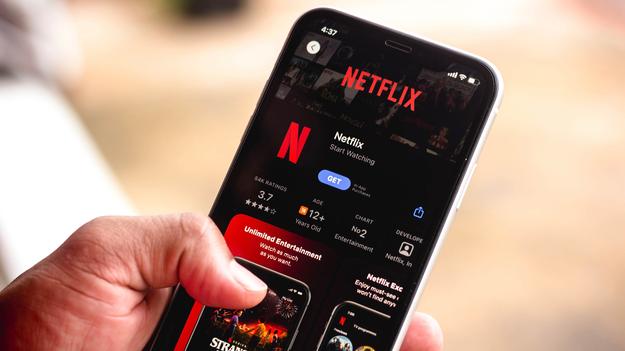Netflix Starts Cracking Down Harder On Password Sharing
from the chasing-bad-money-with-worse-money dept
Thu, Mar 17th 2022 08:00pm - Tim CushingApparently, it’s not enough that we pay their salaries and buy their uniforms, vehicles, and weapons. We’re also expected to foot the bill when law enforcement officers fuck up so badly they can’t even avail themselves of qualified immunity, a Supreme Court-created legal doctrine that has been watered down for decades, allowing all but the most egregious violators of rights to walk away from their misconduct.
The biggest cities cause the most damage to taxpayers, as is to be expected. New York City alone managed to rack up a half-billion in lawsuit settlements over two years, thanks to officers who have rarely had to fear being punished by their employer for violating policies and rights.
Nearly every law enforcement officer in the nation is indemnified by the cities they work for, which means that losing a lawsuit means the officer in the wrong loses nothing of value. They don’t lose their own money and, in most cases, they don’t even lose their jobs or law enforcement certification.
Law enforcement agencies love the powers they’ve been granted. They have almost zero interest in the accountability that’s supposed to be bundled with these powers. When anyone threatens to make officers more accountable, government officials, law enforcement “leaders,” and police unions step up to decry proposed measures, claiming almost any attempt to pair power with responsibility will threaten public safety.
In what is surely an undercount of the true fiscal cost, the Washington Post has totalled up the financial damage to taxpayers caused by police officers who violate rights. Using public records requests and court documents, the Washington Post claims the total is at least $3 billion over the last decade.
The Post collected data on nearly 40,000 payments at 25 of the nation’s largest police and sheriff’s departments within the past decade, documenting more than $3.2 billion spent to settle claims.


Caveat 1: this only covers the nation’s 25 largest law enforcement agencies — a number that includes the NYPD, which has shown it’s capable of racking up a quarter billion annually in settlements. There are nearly 18,000 law enforcement agencies in the United States, which indicates this number is only the outsized tip of the iceberg.
Caveat 2: this excludes settlements under $1,000. This may have made the math simpler, but ignores the fact that even small settlements add up to real money if there’s enough of them.
Far more valuably, this report identifies officers costing taxpayers far more money than they should. Because law enforcement agencies rarely punish officers for wrongdoing, citizens are repeatedly asked to bail out the worst officers.
The Post found that more than 1,200 officers in the departments surveyed had been the subject of at least five payments. More than 200 had 10 or more.
If city officials are truly interested in saving residents money, they could just perform a little due diligence and pressure agencies to fire repeat offenders.
Officers whose conduct was at issue in more than one payment accounted for more than $1.5 billion, or nearly half of the money spent by the departments to resolve allegations, The Post found. In some cities, officers repeatedly named in misconduct claims accounted for an even larger share. For example, in Chicago, officers who were subject to more than one paid claim accounted for more than $380 million of the nearly $528 million in payments.
City officials may not be able to catch onto patterns of abuse, what with their election cycle turnover. But cop shops surely know which cops are the worst and which ones are causing them the most legal headaches. And they’ve done nothing. This may have something to do with extremely restrictive union contracts that make firing bad officers almost impossible. Or it may have something to do with bad cops being considered good cops, because they generate plenty of arrests and busts. And when budgets are on the line, the ends justify the means.
Settlements also contribute to this lack of accountability. When governments feel a suit is unwinnable because an officer is clearly in the wrong, settlement agreements silence the wronged citizen by placing restrictions on their discussions of the lawsuit while appending boilerplate saying the sued officer and the city overseeing them admit no wrongdoing. And if there was no wrongdoing (at least according to the settlement agreement), there’s no reason to note this lawsuit and its allegations in the officer’s permanent record, ensuring everyone remains ignorant of past misconduct.
That allows this cycle to continue indefinitely. The cost to the American public is far higher than the billions of dollars paid out to victims of police misconduct. The cycle encourages law enforcement agencies to remain insular, separating themselves from the people they serve with opacity and self-serving statements about standing up for what’s right and good, but almost never where it matters most: when policing their own.
Filed Under: civil liberties, civil rights, police, police payouts








